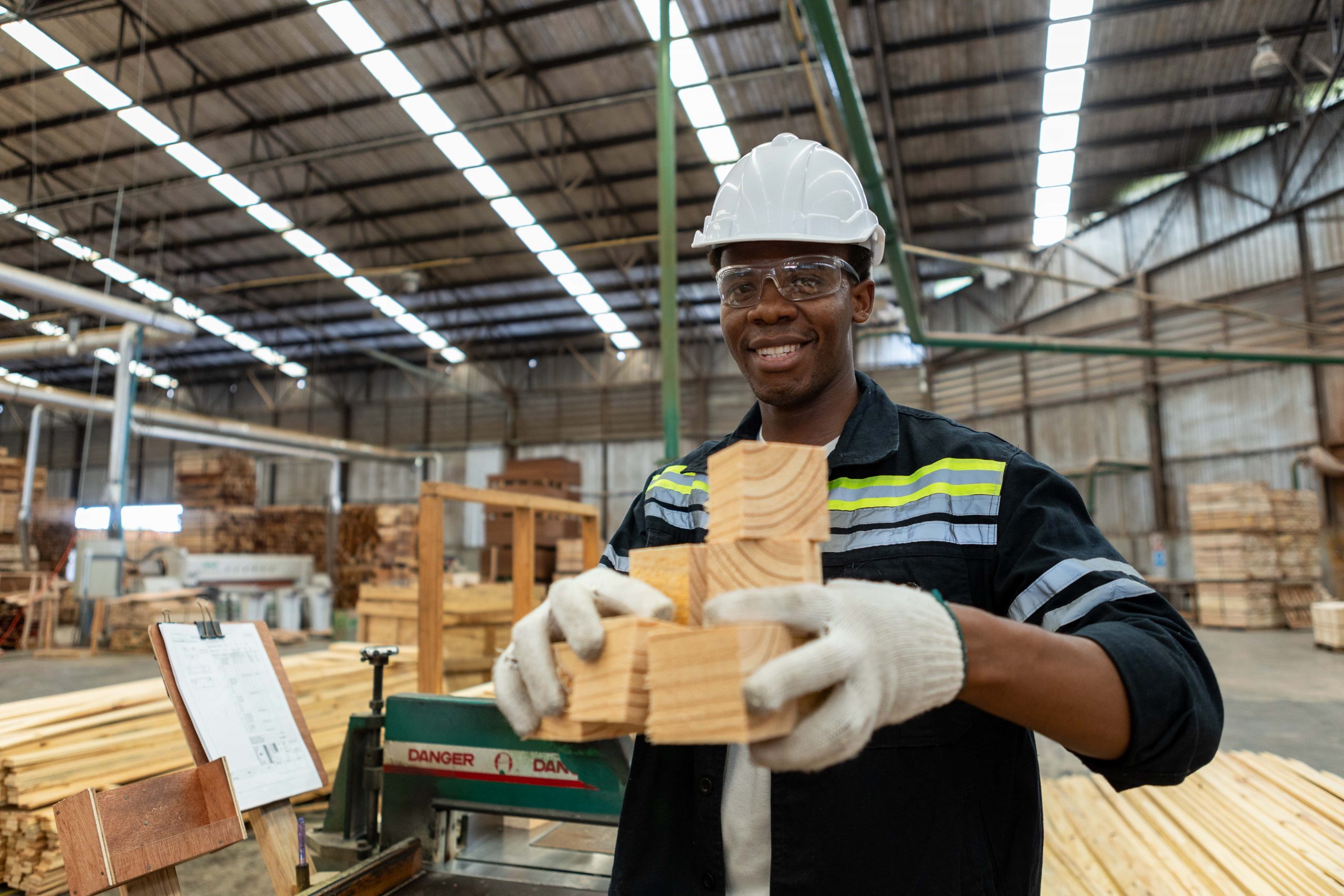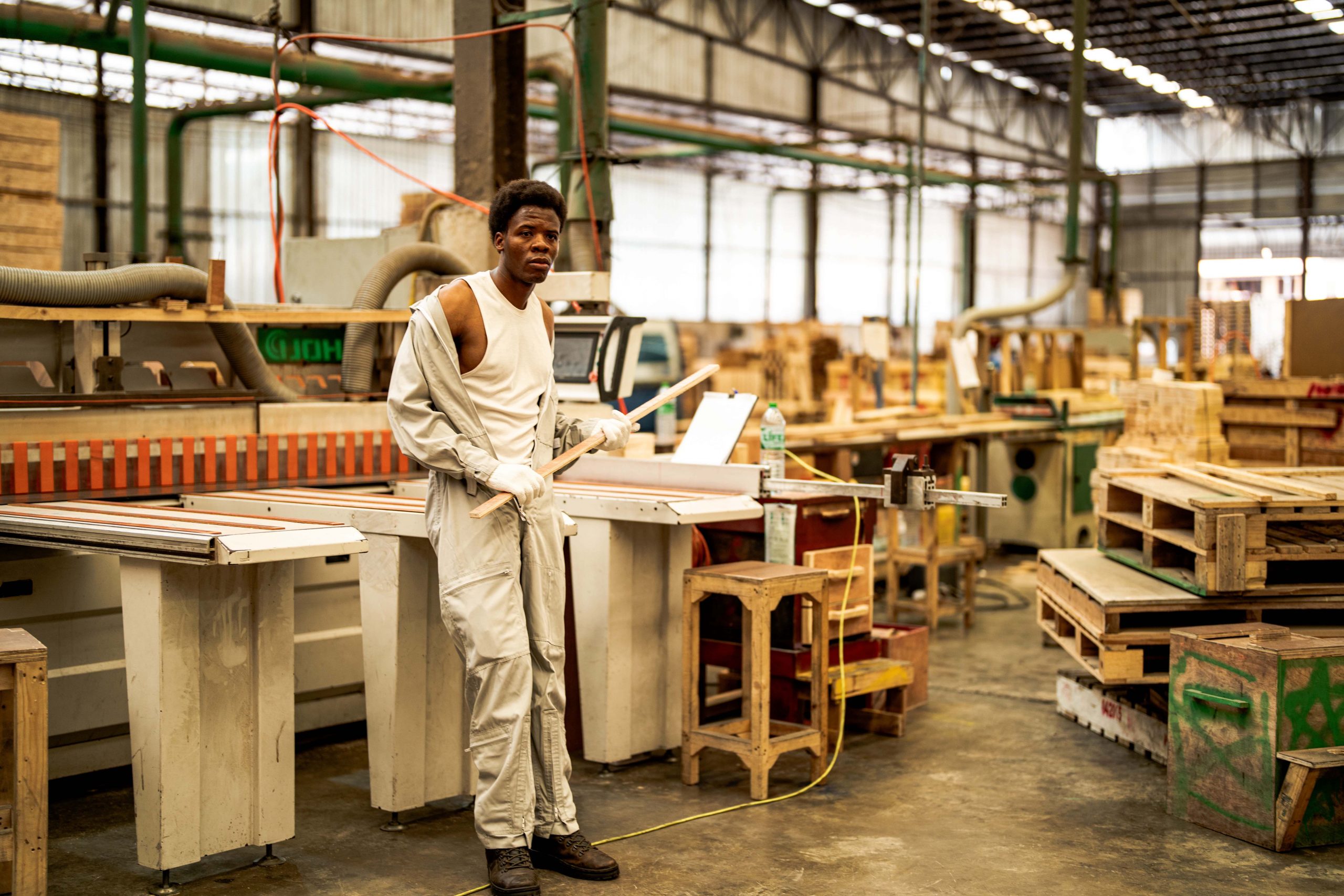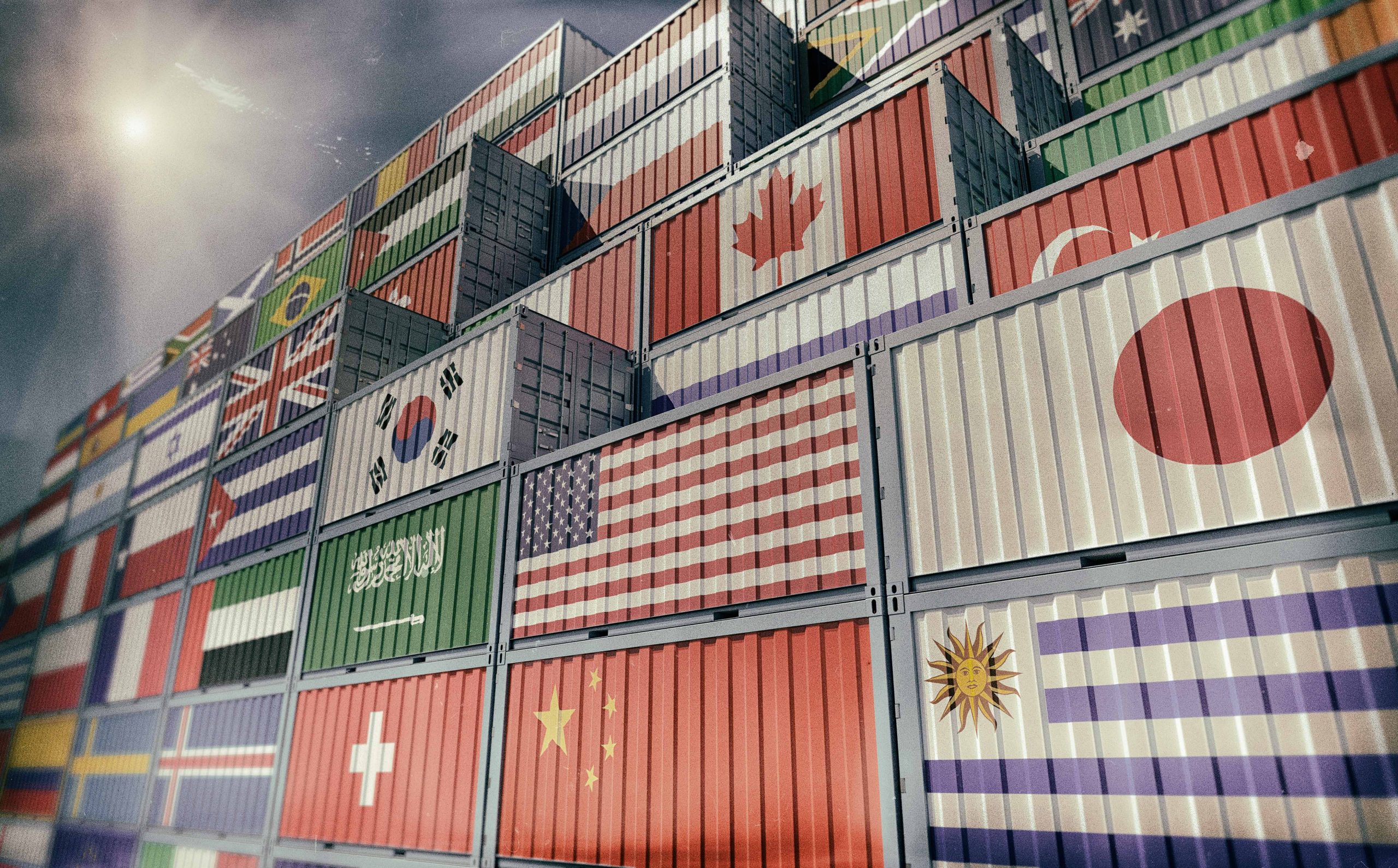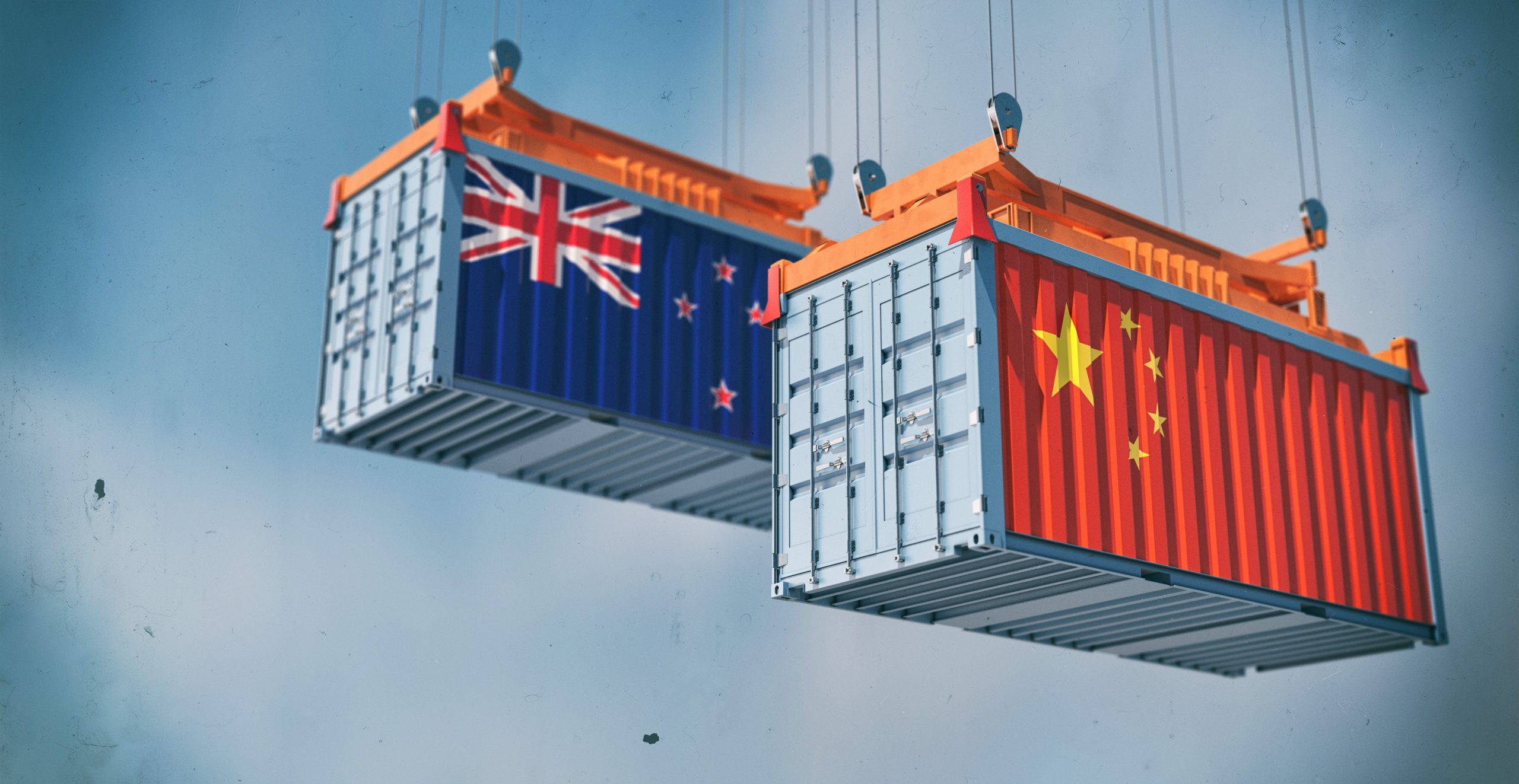Understanding the Dispute Resolution Process in Nigeria
Understanding the Dispute Resolution Process in Nigeria
When parties enter into a contract, agreement or transaction, it’s important that they feel secure about their rights and obligations. Understanding the dispute resolution process in Nigeria is key to ensuring that everyone is comfortable. If only there was a reliable mechanism we could use to resolve differences when two parties can’t come to an agreement on how a contract should be fulfilled. But what if your counterpart refuses to meet you for negotiations? Or what if they won’t agree to new terms once the contract is signed? You may be tempted to give up and walk away from the deal. However, unless you have a backup plan or alternative arrangement in mind, you risk being stuck with an unwanted obligation you don’t want or needing to negotiate again at another time. Fortunately, there are multiple ways you can address disputes without involving lawyers or courts–all of which can help avoid unnecessary costs and inconvenience.
What is the Dispute Resolution Process in Nigeria?
The dispute resolution process in Nigeria is how parties decide who will handle disagreements and misunderstandings that arise from contractual agreements. This is more often than not a voluntary process, though disputes may be resolved through the courts in the case of an irreconcilable stalemate. The primary objective of the dispute resolution process in Nigeria is to bring parties to a common understanding of their rights and obligations so both can execute their contract successfully. The dispute resolution process in Nigeria may be initiated by either party, though in the vast majority of cases it is initiated by the party that feels they are being disadvantaged by the other. The dispute resolution process in Nigeria can be divided into four stages:
Types of Disputes
There are many types of disputes in the common law jurisdictions of Nigeria. However, the most common disputes that arise in business are contract disputes, commercial disputes, and tort disputes. – Contract disputes – The parties disagree on the meaning of a contract. – Commercial disputes – The parties have a commercial relationship, but they disagree on how to conduct the business. – Tort disputes – The parties are injured or suffer some kind of loss as a result of someone else’s actions, and they want to seek compensation for that.
How to Resolve Disputes in Nigeria
There are many ways to resolve a dispute in Nigeria. The parties can attempt to work it out between themselves or they can turn to a mediator, a judicial officer, or an arbitrator. If the parties still aren’t able to resolve their dispute, they can file a complaint with a judicial officer or take the matter to small claims court. In many cases, however, parties will choose to resolve the dispute outside these formal processes. – Mediate – If parties are willing to try mediation as a means of resolving the dispute, they should seek out a qualified third-party mediator to help them sort out their problems. A mediator is usually a neutral, impartial person who helps the disputing parties find solutions to their problem. – File a Complaint or Small Claims Court Case – There are times when parties are not willing to work things out on their own. In these cases, they may file a complaint or a small claims court case to resolve the dispute. When parties file a complaint or a small claims court case, they are seeking a judicial officer to enforce the law and rule in their favour.
Complaint Handling
If parties choose to resolve a dispute outside of formal processes, it’s important that they use proper complaint handling. This can prevent disputes from escalating and help them deal with any issues as quickly and efficiently as possible. – When handling a complaint, the parties should try to understand where the other person is coming from. This can help to prevent a dispute from escalating and help parties resolve the issue more quickly. – The parties should be as specific as possible when describing the problem and the resolution they wish. This helps the other party to understand what the issue is and how it should be resolved. – The parties should keep in mind that they have the right to file a complaint only once they have tried to work out the issue themselves. If they are dissatisfied with the outcome of their negotiation, they should file a complaint.
Summary
The dispute resolution process in Nigeria is meant to bring parties together to find solutions to disputes. The process can take many different forms depending on the issue and the parties involved. If parties are having a hard time working things out, it’s a good idea for them to seek out a mediator, a legal professional, or a judge to help them find a resolution.








LEAVE A COMMENT
You must be logged in to post a comment.